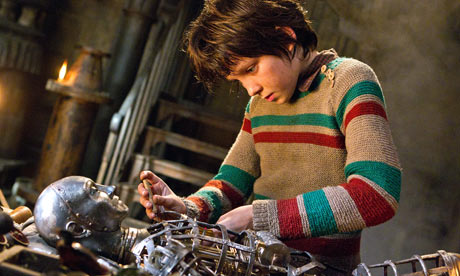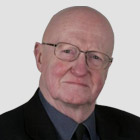早上7點15起近一點睡或許沒運動又熱.
在洗手間啟示
回東海談點翻譯
依據我們的計畫,2013年11月2日頒獎和開會的日子,我們選擇回東海大學。對我們而言,這校園的故事很多,譬如說70年代初的孟祥森先生就住在東海別墅,因為當時他最喜歡享受大學城的風味。
在我的成長過程中,受惠於大譯家兼散文家孟祥森﹙孟東籬,1937--2009﹚的譯作很多。我在前幾年2010年的《系統與變異》一書中,還特別感謝他寫東海大學銘賢堂前小楓樹的深情。
要重新向他學習的方式有很多,譬如說他早期的翻譯,或許還有許多不夠清楚的地方,但從翻譯的脈絡下多少可猜出意思的情況;我們這些後代比較幸運些,譬如說有更多的翻譯道具,如網路上的辭典等等可參考。
舉幾個例,Walter
Lowrie《齊克果:一生的故事》(A Short life of Kierkegaard )台北: 台灣商務印書館, 1967/1970 5版,頁86:
「齊克果相信自己是『異常情欲的』。這句話必須加一撮鹽;……」
加一撮鹽就是誇大其事:take something with a pinch (or
grain) of
salt
regard something as exaggerated; believe only
part of something:I take anything he says
with a large pinch of salt
同樣,頁87的1845年日記:
「…..對一個孩子說『折斷了腿』就是一項罪惡 (括號是我加的) ,這個孩子將在如何焦慮的憂懼中生活呢?……」 讀者或許可猜『折斷了腿』可能指自慰等事情,現在我們拜網路之賜,查出『折斷了腿』可能是get one's leg over
而在英國俗語指的就是發生性關係 ( British vulgar
slang (of a man) have sexual intercourse)。
幸虧這本A Short
Life of Kierkegaard 在Google Books 有 所以我們也可以找出孟祥森先生的一些翻譯上的小缺點
頁87的2段日記則須加注或翻譯得更清處
The poet must have what the Hyperboreans
expected in their heaven 這「海帕波爾人」最好加注是古希臘神話的烏何有之鄉的人---齊克果醉酒的夣境
One blows one’s brains out bing, bang, bover
then
這「打出自己的腦漿」指的是「舉槍自盡」
blow
someone's brains out
Sl. to kill someone with a gun. Careful with that gun, or you'll blow your
brains out. Max was so depressed that he wanted to blow out his brains.
晨怡昨去深坑送筍子 豆腐
說真話是記者的天責. 真無所謂好或壞. 謝謝記者.
下午仍就讀齊刻果. 翻譯水平不一 有些表達很不好有些似乎用錄音很通順不知道如何全面考量一本書.
---
2013.9.21
- Hugo2011 Film
- Hugo is a 2011 3D historical adventure drama film based on Brian Selznick's novel The Invention of Hugo Cabret about a boy who lives alone in the Gare Montparnasse railway station in Paris. Wikipedia
-----

Asa Butterfield as the eponymous 'crafty Dickensian orphan' in Hugo.
- Hugo
- Production year: 2011
- Countries: France, USA
- Cert (UK): U
- Runtime: 126 mins
- Directors: Martin Scorsese
- Cast: Asa Butterfield, Ben Kingsley, Chloe Grace Moretz, Chloe Moretz, Christopher Lee, Emily Mortimer, Frances de la Tour, Helen McCrory, Jude Law, Ray Winstone, Richard Griffiths, Sacha Baron Cohen, Sir Ben Kingsley
The literate Isabelle is a great admirer of Dickens, and a succession of clever Dickensian twists ensue as the labyrinthine plot takes the pair on a journey into a mysterious past. They discover the origins of the movies in the late-19th-century careers of the Lumière brothers, who put on the first picture show in Paris in 1895, and Georges Méliès, the professional magician, who became obsessed after attending this historical screening. The Lumières photographed the world as it was and didn't believe the cinema had a future. Méliès turned his theatre into a picture palace, built his own studio and became a prolific producer of fantasy films that merged life and dream, before his business tragically collapsed and he disappeared into obscurity.

沒有留言:
張貼留言